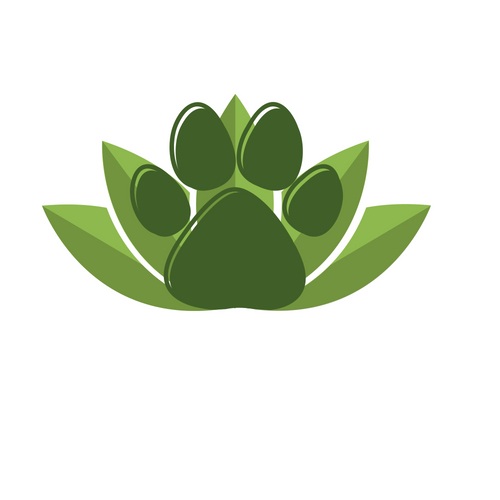Are Essential Oils Safe for Guinea Pigs?
Are Essential Oils Safe for Guinea Pigs?
Essential oils have become very common in our homes. They are quite useful in dealing with skin conditions, headaches, pain, sleeping problems, cold, and digestion problems. However, just because they are natural doesn't mean they are safe, especially to our furry friends. So, are essential oils safe for guinea pigs?
Most essential oils are toxic to guinea pigs, and they should be avoided completely. They have some adverse effects when ingested by the guinea pig and even when applied to their skin.
One of the mistakes some pet owners make is using ultra-concentrated essential oils. Besides having effects on the skin, or digestive tract, essential oils can also cause respiratory problems when the guinea pig inhales the smell.
Can you use essential oil diffusers around guinea pigs?
Essential oil diffusers break the oils' into smaller molecules and distribute them into the air. There are two types of diffusers - passive and active. Active diffusers use a stimulus such as electricity, while passive diffusers don't use any stimulus.
Essential oil diffusers are not safe to use around guinea pigs since the molecules will end up on the guinea pig's fur. Eventually, they will lick, causing further digestive complications. If they don't lick it, the oils will penetrate their skin.
Besides, the diffusers distribute the essential oil's smell within the house. Since guinea pigs have developed a more sensitive sense of smell than humans, they will be more affected by fragrance than you will. And as mentioned earlier, essential oil's fragrance is harmful to guinea pigs.
If you're going to use oil diffusers around the house, make sure there's enough ventilation and ensure the guinea pigs are not in the room or close to the room.
Which Essential Oils Are Toxic to Guinea Pigs?
Below are the types of essential oils that have been confirmed to be extremely toxic to guinea pigs;
· Thyme
· Citrus
· Clove
· Pine
· Garlic
· Anise
· Cinnamon
· Clove
· Peppermint
· Tea tree
· Eucalyptus
· Juniper
· Ylang Ylang
Which Essential Oils Are Safe for Guinea Pigs?
Some manufacturers may claim that their essential oils are safe for pets, including guinea pigs. However, you should contact your Vet first before using any type of essential oils on or around your little friend. You can use them in a passive diffuser but don't use them close to your guinea pigs. Below are some of the safe types;
· Lavender
· Rose
· Neroli
· Chamomile
· Vetiver
· Frankincense
· Lemongrass
· Linden Blossom
· Violet leaf
How About Essential Oil Scented Candles?
Unlike larger pets, guinea pigs have smaller and more sensitive respiratory systems. That's why it's not advisable to use scented candles, especially those with essential oils. Candles made with other materials can also release toxic elements such as benzene acetone.
Besides exposing them to respiratory problems, candles are a fire hazard since the pets may knock them over. You can place them in a room that's far from where you house your guinea pigs and ventilate the room.
Symptoms of Essential Oils Poisoning in Guinea Pigs
Below are some of the signs that your guinea pig has been affected by essential oils;
· Weakness
· Fatigue
· Tremors
· Lethargy
· Panting
· Breathing difficulties
· Wheezing
· Coughing
· Loss of appetite
· Low body temperature
· Vomiting
· Redness of the skin
· Watery eyes
How do you treat Essential Oils poisoning?
If you note some of the symptoms, below are some of the actions you can take;
· If they inhaled the smell, take them outside or an area with fresh air.
· If it comes into contact with their skin, you can wash it off any dish soap.
· If the guinea pig ingested the oils, you have to contact your Vet, or a helpline if available, as soon as possible.
· Carry the essential oils when visiting the Vet so that the Vet will know the type and concentration they're dealing with.
